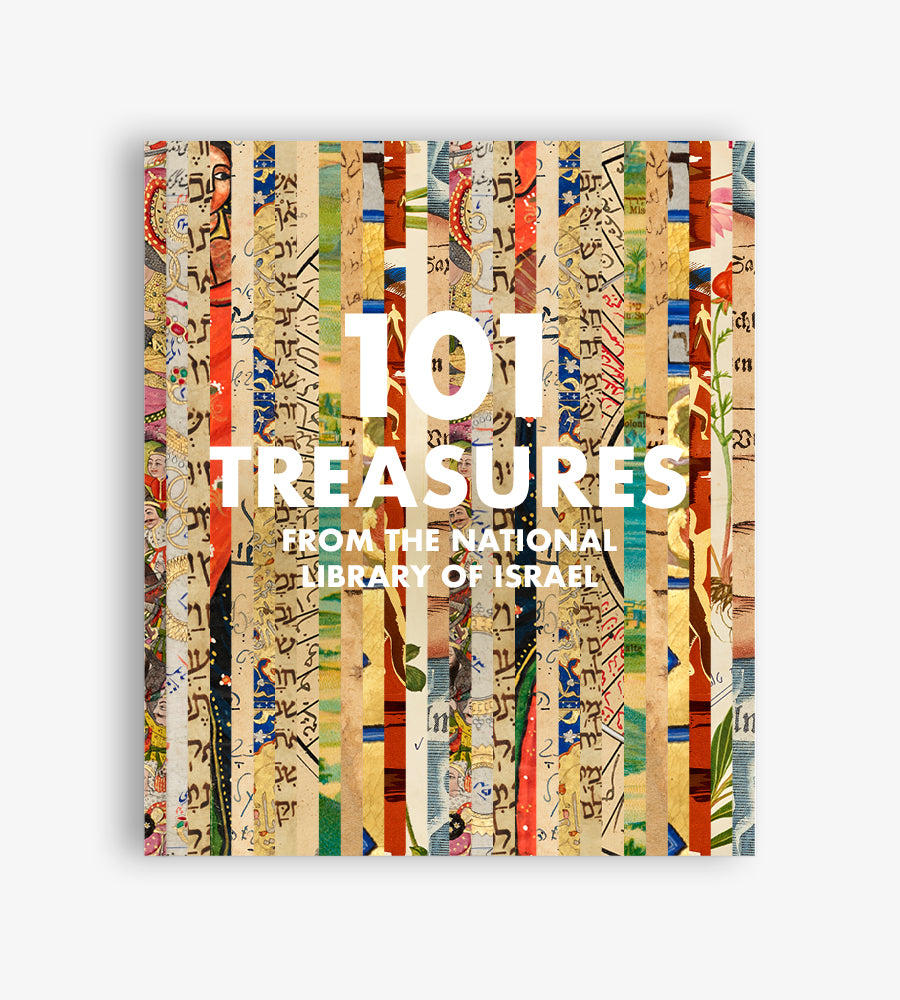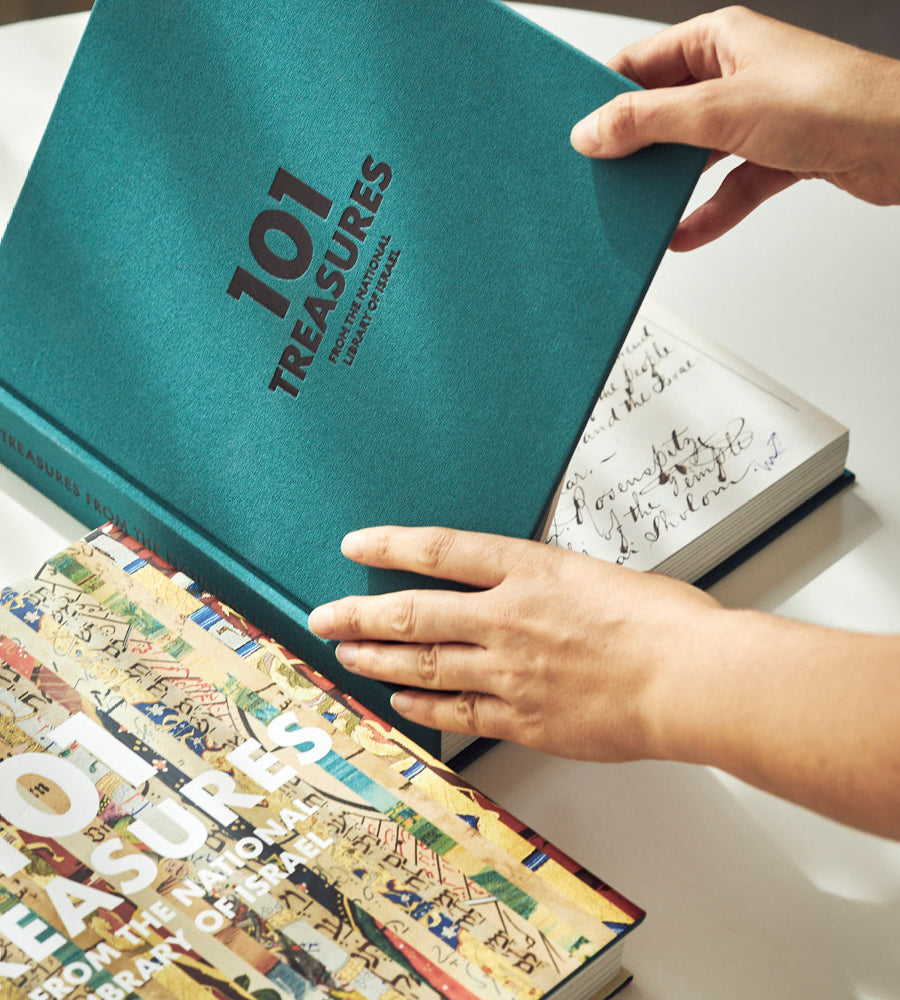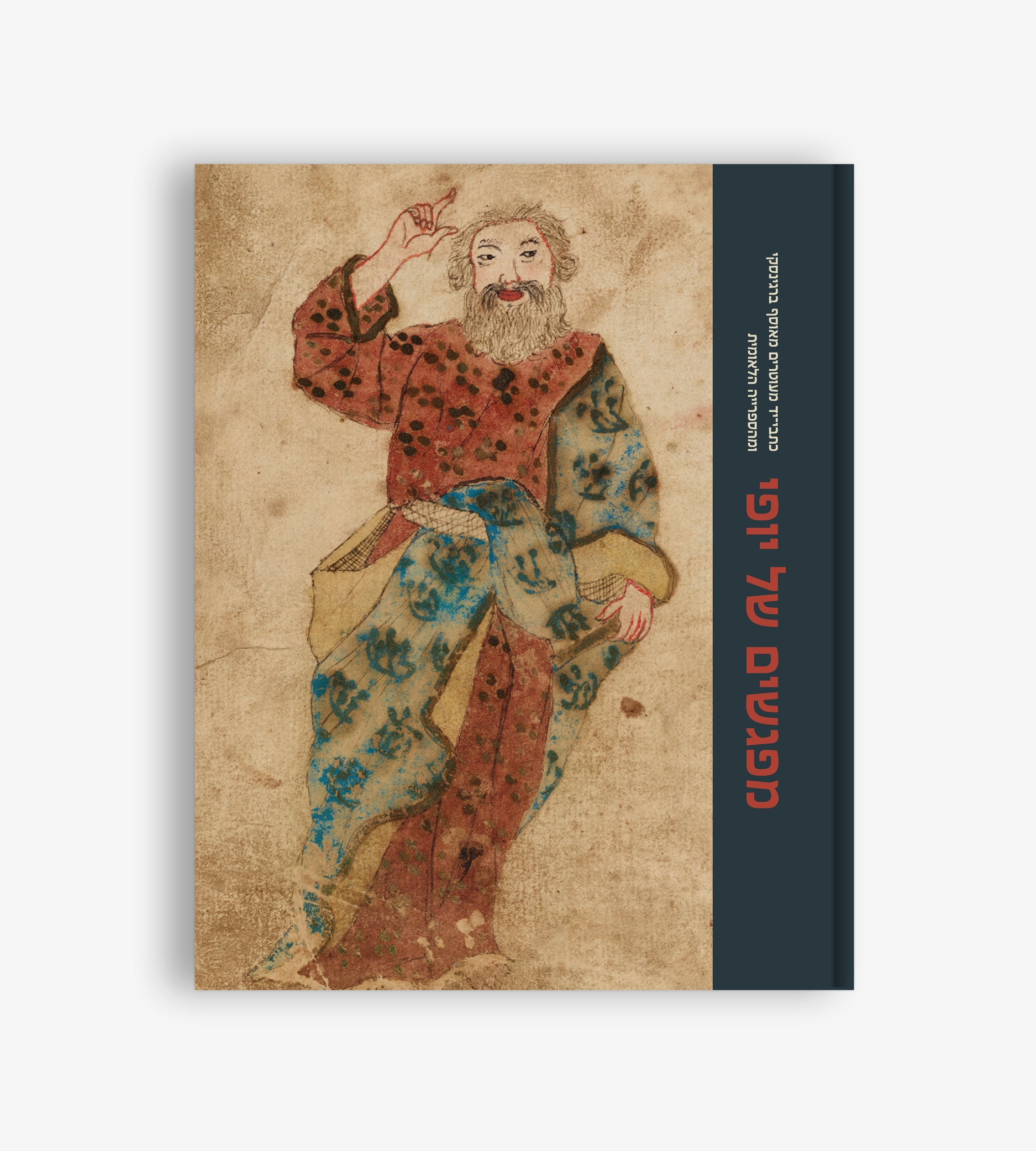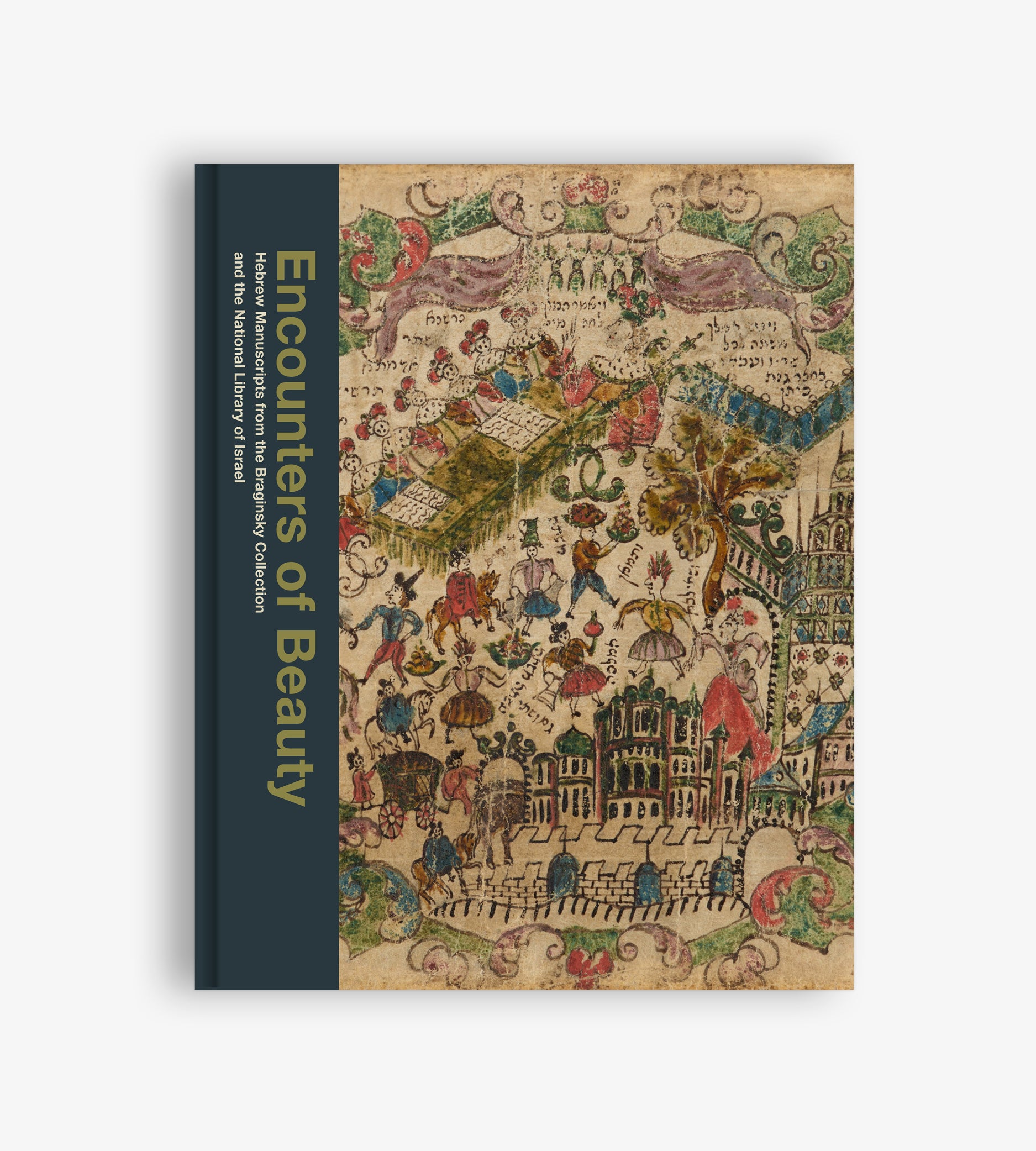
The Correspondence of a Cosmopolitan
Stefan Litt

The renowned Austrian Jewish author Stefan Zweig (1881–1942) was famous for his rich literary oeuvre, his pacifism, and his skepticism toward all forms of nationalism, including the Zionist movement. Despite his close relationship with leading Zionist figures, such as Theodor Herzl and Martin Buber, Zweig openly expressed a different view on the historical task of Judaism; namely, to live among all peoples and serve as a unifying element. For him, the Diaspora was the ideal form of Jewish life, with Jews dispersed over many countries, being at home everywhere and nowhere at the same time, and connected to each other solely by tradition and spiritual ties.
Zweig lived in Salzburg for many years, where he accumulated a rich private library, a one-of-a-kind autograph collection, and an extensive correspondence with his famous contemporaries. After the Nazis rose to power in Germany in 1933, he anticipated that Austria would soon fall into their hands and, with plans to flee from continental Europe, gave away large parts of his collections. Despite his opinions on Zionism — he never visited the Land of Israel — Zweig offered hundreds of letters from his personal archive to the National Library, the last place anyone would expect to find any of his papers. It seems that he was eager to hide some of them away in order to protect the authors — including figures such as Albert Einstein, Sigmund Freud, Thomas Mann, Romain Rolland, and many others.
This remains the only important donation Stefan Zweig ever made to a public institution. It significantly boosted the international status of the National Library’s archival collections and has been in intensive use by scholars ever since.














